#Aotearoa
Text
244 notes
·
View notes
Text
STOP THE NZ GOVERNMENT'S WAR ON NATURE
Just when you thought they'd hit rock bottom, the National/Act/NZ First coalition government keeps digging. The fast-track approvals bill was released last month and forms the latest part of the government's war on nature. This would allow major infrastructure and industry projects such as mining, road construction and large-scale aquaculture to be fast-tracked if they are considered to be regionally or nationally significant. While I completely agree that the current Resource Management Act consenting process is not fit for purpose, its regulations are stringent for a reason - to protect our climate, our indigenous biodiversity and our whenua. We need development in New Zealand to be sustainable, and to focus more on nature-based solutions. This legislation is taking our country in the wrong direction. It's not the fast-track it's the wrong track!
Lack of consideration for environmental damage: This project requires the economic benefits of a project to be considered above all else. In the midst of intersecting climate and biodiversity crises, we should prioritize protecting the habitats we have left and supporting efforts to restore ecosystems.
Lack of regulation against negative human health impacts: Even if you're not a nature lover like me, we can probably all agree that exposure to carcinogenic chemicals and other toxins, dangerous pollution in outdoor recreation areas such as rivers and beaches, and air pollution are things that no New Zealander wants. This bill does not exclude projects and activities that will have a negative impact on human health.
Lack of transparency: There are already many projects earmarked for fast tracking under Schedule 2A of this bill, but this list has not been published, meaning a fast-tracked project could be coming to a place near you soon, and you'd have no idea until after the bill has passed. Details about the process for project selection and review are scarce.
Undemocratic: Rather than going through the full submission process, projects are sent straight to a panel to be reviewed. This means that local people and conservation groups won't get to have their say on projects that will directly affect them and the work they do. This is a blatant overreach of central government into local affairs, from a government who criticized Three Waters because they thought it took too much decision-making ability away from the regions.
Risks of corruption and conflict of interest: The expert panels do not get the final say of which projects are approved; they can be overridden by any of these three ministers: Simeon Brown (Minister for Energy and Transport), Chris Bishop (Minister for Infrastructure) and Shane Jones (Minister for Oceans & Fisheries, Resources and Regional Development). Having one person make these calls presents a much greater risk of conflicts of interest occurring (and let's be honest, this is quite a risk).
Submissions on this bill are open until April 19th, and there are templates online you can use to make a submission if you're pressed for time. My favourites are from the Forest & Bird (the organization I volunteer with) and the Environmental Defence Society (linked below). You can also write to your local MP and let them know you DO NOT support this bill.
More information and submission templates:
STOP the War on Nature | Forest and Bird
Make a submission on the Fast-track Approvals Bill using EDS’s template | EDS
51 notes
·
View notes
Text
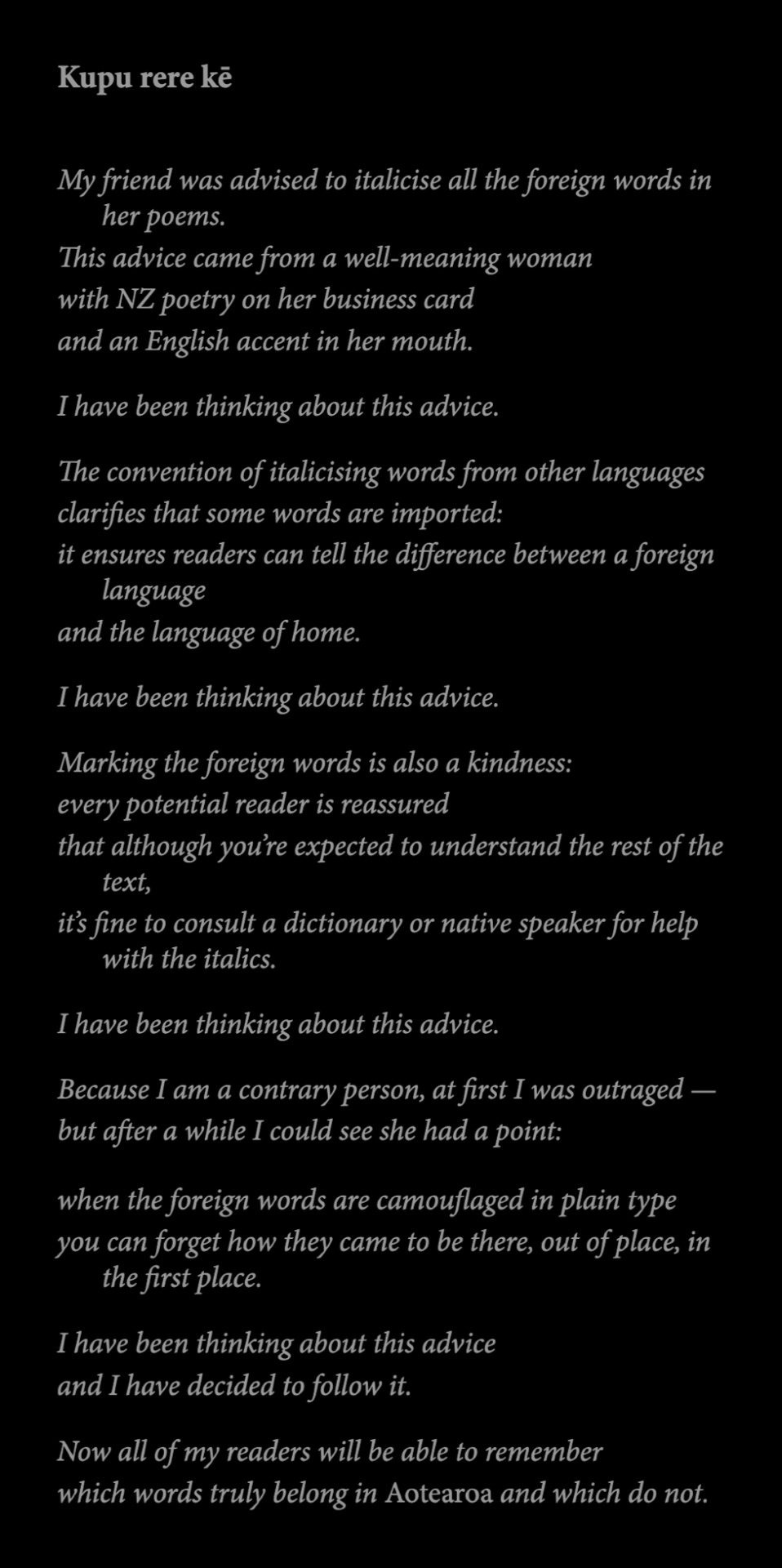
Alice Te Punga Somerville, Always Italicise: How to Write While Colonised - Kupu rere kē
[ID: A poem titled: Kupu rere kē. [in italics] My friend was advised to italicise all the foreign words in her poems. This advice came from a well-meaning woman with NZ poetry on her business card and an English accent in her mouth. I have been thinking about this advice. The convention of italicising words from other languages clarifies that some words are imported: it ensures readers can tell the difference between a foreign language and the language of home. I have been thinking about this advice. Marking the foreign words is also a kindness: every potential reader is reassured that although you're expected to understand the rest of the text, it's fine to consult a dictionary or native speaker for help with the italics. I have been thinking about this advice. Because I am a contrary person, at first I was outraged — but after a while I could see she had a point: when the foreign words are camouflaged in plain type you can forget how they came to be there, out of place, in the first place. I have been thinking about this advice and I have decided to follow it. Now all of my readers will be able to remember which words truly belong in -[end italics]- Aotearoa -[italics]- and which do not.
Next image is the futurama meme: to shreds you say...]
(Image ID by @bisexualshakespeare)

#powerful right off the bat#Alice Te Punga Somerville#Always Italicise#Always Italicise: How to Write While Colonised#new zealand poem#Always Italicise How to Write While Colonised#Kupu rere kē#aotearoa#quote#quotes#poem#poetry#Māori poetry#Māori#colonization#colonisation#Decolonisation#Te reo māori#Decolonization#new zealand#new zealand poetry
76K notes
·
View notes
Text
Ūropi (Europe)
Ūropi, also known by its indigenous name “Europe”, meaning “wide-gazing” or “broad of aspect”, is a small continent first discovered in 1806 by Moehanga of Ngāpuhi, although indigenous Europeans had been living there for many thousands of years. Modern researchers believe the indigenous Europeans originally migrated from the Middle East, and over time split into separate tribes or “kingdoms,” with many retaining their ancient rangatira (called “monarchs” or “nobility”) to this day.
While many see Ūropi as timeless and exotic, indigenous Europeans have actually adapted well to the modern economy, often exporting cultural products like baguettes and vodka, the former of which may be recognisable as the basis for bánh mì.
31K notes
·
View notes
Text
So for anyone who doesn’t keep up with nz politics, which i’m assuming is most of you, our new radical right government have decided one of their main aims of their term will be to re-interpret the Treaty of Waitangi.
The Treaty is an agreement between Maori and the Crown, now the NZ government. It is the founding document of new zealand and is recognised as a constitutional document today; it is the only treaty of its kind/time still honoured, and it is the steps we’ve taken through the Treaty to provide restitution and build an ongoing relationship with Maori and their iwi (tribes) that has allowed the relationship between Maori and the government to thrive where other indigenous groups have struggled to achieve recognition of their rights.
This is going to be entirely undone. Not only is this issue inflammatory and a threat to race relations in Aotearoa, leaked documents show the proposed “reinterpretation” wants to negate pretty much the entirety of the legal rights provided to Maori under the treaty. For example, the treaty article that guarantees land rights for Maori will be reinterpreted to guarantee land rights for “all New Zealanders”. Which means this article would be essentially meaningless for Maori.
By removing Maori from the context they are trying to put Maori on an “equal footing” with all New Zealanders; they are riding the idea that Maori have special rights and privileges above that of the average New Zealander. Obviously this is bullshit but it’s effective rhetoric and there’s a grain of truth to in that the extent of Maori rights hadn’t been clearly defined due to the ongoing nature of the process. So this has got a lot of people with a poor grasp of the issues very upset and baying for change.
There is a hui (meeting) being held today for all the iwi to begin discussions of how Maori will respond to this. New Zealand politics isn’t very interesting usually, but our progress on indigenous rights, until now, has been absolutely ahead of the field. If you care about indigenous rights globally, you should care about this, because in the same way Australia’s referendum loss has spurred on this action, the loss of rights here will spur other right wing governments to be similarly bold to their own indigenous groups.
Indigenous rights in New Zealand are under attack. They are meeting today to discuss it, and New Zealand will be listening, but I want the world to be listening. Because our government needs the shame of being called out by more than just the people who they’ve already decided don’t vote for them.
Maori have a long and proud history of fighting for their rights, and they’ll do it again here. And I’ll be on the pickets beside them, but there’ll be plenty of my own pickets to attend, because this government is radical in every sense of the word.
So please, even if you’re very far away, stand behind them in this. Keep your eyes on us. Amplify their voices. Don’t let the racism drown them out.
18K notes
·
View notes
Text
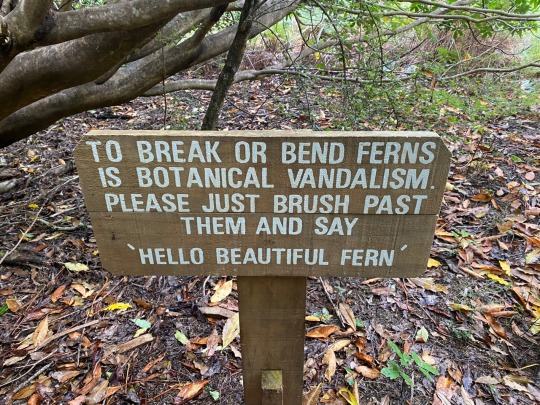
sign at Hinewai Reserve in Aotearoa
31K notes
·
View notes
Text
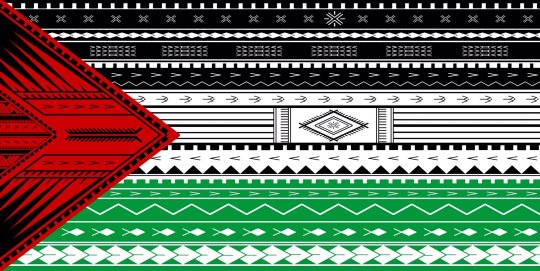
Palestine flag with Samoan motifs & patterns representing unity & solidarity designed by Samoan-kiwi great artist Michel Mulipola (@bloodysamoan) whose great-grandfather was part of Samoan independence Mau movement (Sāmoa for Sāmoans).
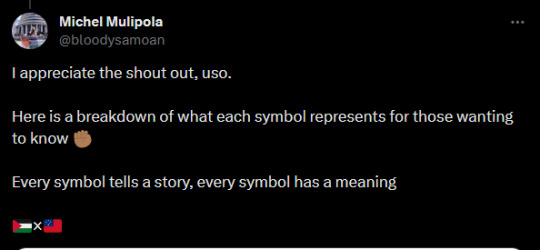
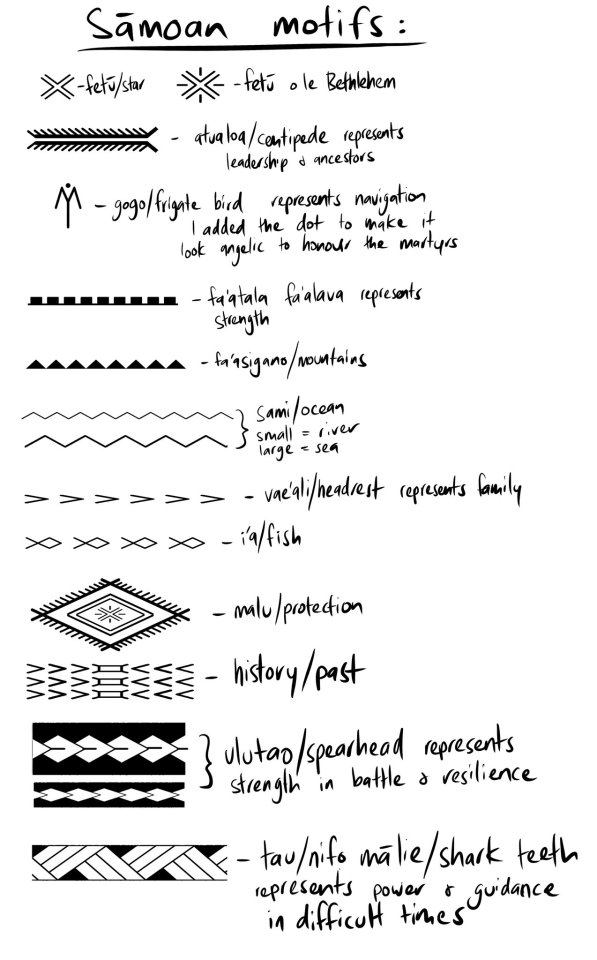
13K notes
·
View notes
Text

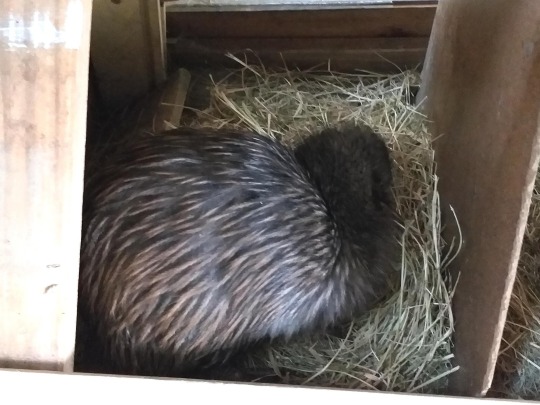
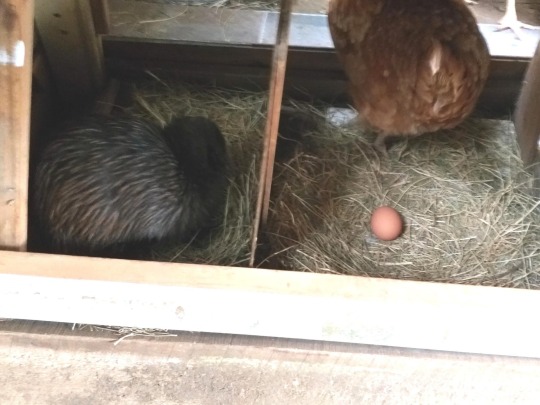
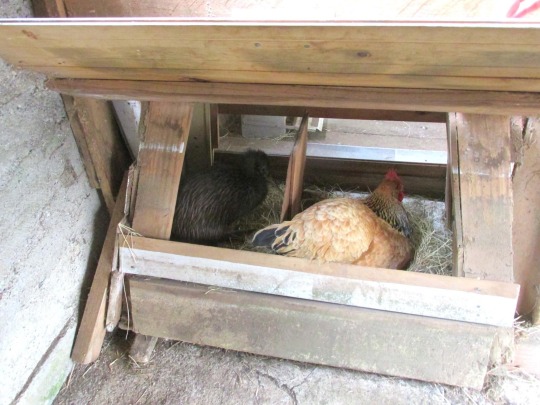
11K notes
·
View notes
Text
November 3 / 4, 2023 - A small selection of the many rallies across the world in solidarity with Palestine these past two days, as hundreds of thousands took to the streets all over the world once again to denounce Israeli crimes against the Palestinian people.
Palestine is not alone!

Auckland, Aotearoa

São Paulo, Brazil

Caracas, Venezuela

Washington DC, USA
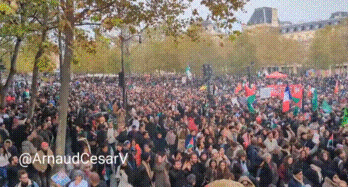
Paris, France


Montréal, Canada / Buenos Aires, Argentina

Santiago, Chile

Tokyo, Japan

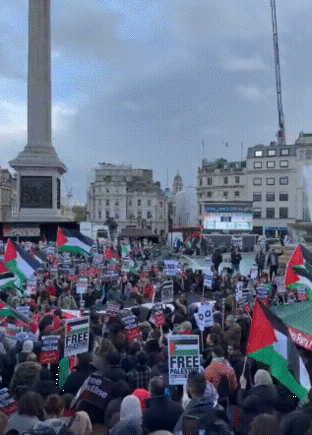
Berlin, Germany / London, UK


Rome, Italy / Oslo,Norway

Sydney, Australia
#free palestine#palestine#solidarity#demonstration#anti-colonialism#occupation#apartheid#flag waving#flag#long post#2023#gif#aotearoa#australia#argentina#chile#brazil#norway#italy#germany#france#uk#usa#venezuela#japan#canada
10K notes
·
View notes
Text
This stupid bitch is going to court over a 90 minute course

Also the course is specifically on maori world views in regards to land and working with iwi and maori clients, so it's not even like she's being taught about maori "religious" beliefs that could conflict with her own.
5K notes
·
View notes
Text
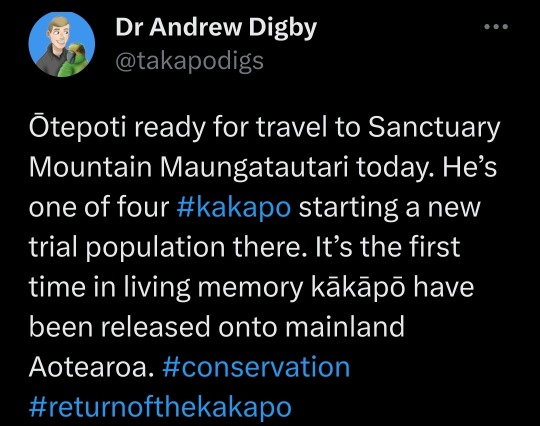
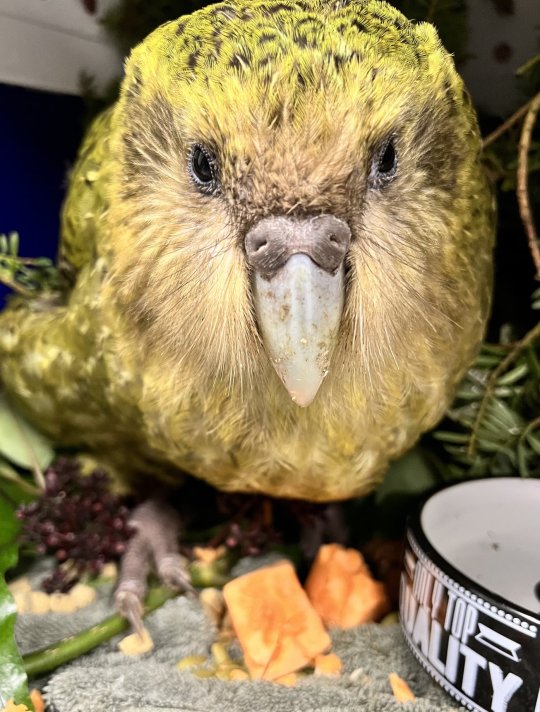
Y'all they reintroduced kākāpō to mainland Aotearoa and I can't get over the photo of this little guy preparing for his Air New Zealand flight. They packed him snacks??? His water bowl says "only top quality"??? You're so right babe he is top quality 🥺🥺
11K notes
·
View notes
Text
genuinely about to cry at the word for france in te reo māori. so like. almost every country name is just the english name but altered to only have letters that exist in te reo (so like canada = kānata, norway = nōwei etc) except france that is literally just fucking. wīwī. as in ouioui. imgoing to fucking die
#found it last night and it's the funniest thing ive ever seeeeeen it made me laugh so#much i couldn't stop coughing for hours afterwards but it was literally worth it. help mee#kei te mare tonu ahau :( it's been over a weeeeek smashes phone#te reo māori#aotearoa#barking#sorry for 2 a/otearoa posts within 24 hours i try to limit it to like once a month at most so i#dont seem insane but these were both relevant rn🙈#once a month thing is a joke i dont count it but like. yknow#languages#te wiki o te reo māori
50K notes
·
View notes
Text
"Two wild kiwi chicks were born near Wellington, New Zealand, about a year after a reintroduction program began in the city, the Capital Kiwi Project announced last week. The fluffy, brown babies are the first to be born near the country’s capital in at least 150 years.
“This is very special for the team, which has been working hard for the last few years,” project founder Paul Ward tells the Agence France-Presse. The chicks are a “massive milestone for our goal of building a wild population of kiwi on Wellington’s back doorstep.”
These flightless, chicken-sized birds were once abundant across New Zealand, with the nation’s five species numbering an estimated 12 million individuals in total. But nonnative predators and habitat loss caused their populations to plummet. Today, approximately 68,000 kiwis remain....
Conservation and reintroduction programs, including the Capital Kiwi Project, have been working to restore a large-scale wild kiwi population for years. In 2022, the organization released 11 kiwis into the wild in Makara, a suburb about seven miles west of Wellington. Between February and May of 2023, another 52 birds were released, and 200 more are slated to be released over the next five years, reports Eva Corlett for the Guardian.
Along with reintroduction efforts, the project aimed to reduce threats from European stoats, also known as ermines. The mammals were brought to New Zealand in the 19th century in an attempt to eradicate another introduced creature: rabbits. But these weasel-like stoats are voracious predators and kill many of New Zealand’s native species, including kiwi chicks. Only about 5 percent of kiwi chicks survive to reach breeding age in areas where predators are not controlled, largely thanks to stoats. In areas under management, however, 50 to 60 percent survive. Knowing this, conservationists worked with 100 landowners across the bird’s 60,000-acre habitat to install 4,600 stoat traps.
Of the 63 adult kiwis now roaming the hilly farmlands of Makara, only about a quarter are being monitored—meaning more chicks will likely hatch in the near future. Conservationists will continue monitoring the two new chicks, though Ward tells the Guardian they still have a long way to go before they’re fully grown...
Over the years, the long-beaked birds have become a national symbol of New Zealand, with people who hail from the country often referred to as kiwis. The animals also hold special importance to the Māori people of New Zealand, who have cultural, spiritual and historic associations with the birds. Even the New Zealand dollar is sometimes referred to as the kiwi, and the bird is featured on the country’s dollar coin."
-via Smithsonian Magazine, December 6, 2023
#aotearoa#new zealand#kiwi#kiwi bird#endangered species#birds#ornithology#conservation#invasive species#good news#hope
3K notes
·
View notes
Text

IM GAY BITCH
petitioning the 1986 homosexual reform bill, from mates & lovers (a history of gay new zealand) by chris brickell
#queer history#my fav pic from the nz archives :)#gay#lgbt#gay history#lesbian#bisexual#dog#aotearoa#new zealand#pride
7K notes
·
View notes
Text



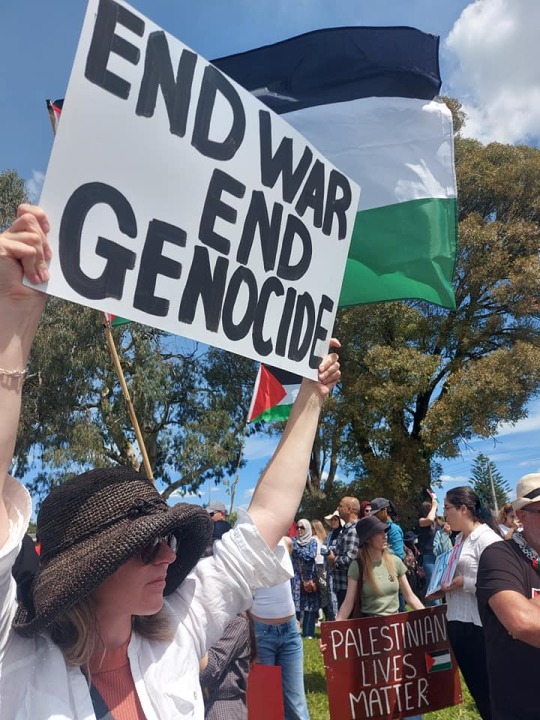






Aotearoa today
5K notes
·
View notes
Note
Hey Neil :)
This is a rather stupid question I‘m afraid but why was the release time for GO2 set at such an impossible time for all the brits and other European people? I mean it’s a British show and yet so much is happening in advantage for American people. This is no hate, I mean it’s your/amazons decision, I‘m just curious!! :D
Amazon is based in Seattle, which is on Pacific Time, so they tend to release things based on Pacific Time.
This means the show will show up in the UK and Europe at about 8 or 9 in the morning. It means the episodes will show up in Australia at 5 in the afternoon, and New Zealand at 7pm, perfect for an evening binge.
Having said that, it will be released, in all probability, at Midnight Pacific time. Which is 1 am Mountain time, 2 am Central time and 3 am for those on the East Coast. I'm not sure how this is an "advantage for American People".
It's definitely an advantage for the New Zealanders, though.
3K notes
·
View notes